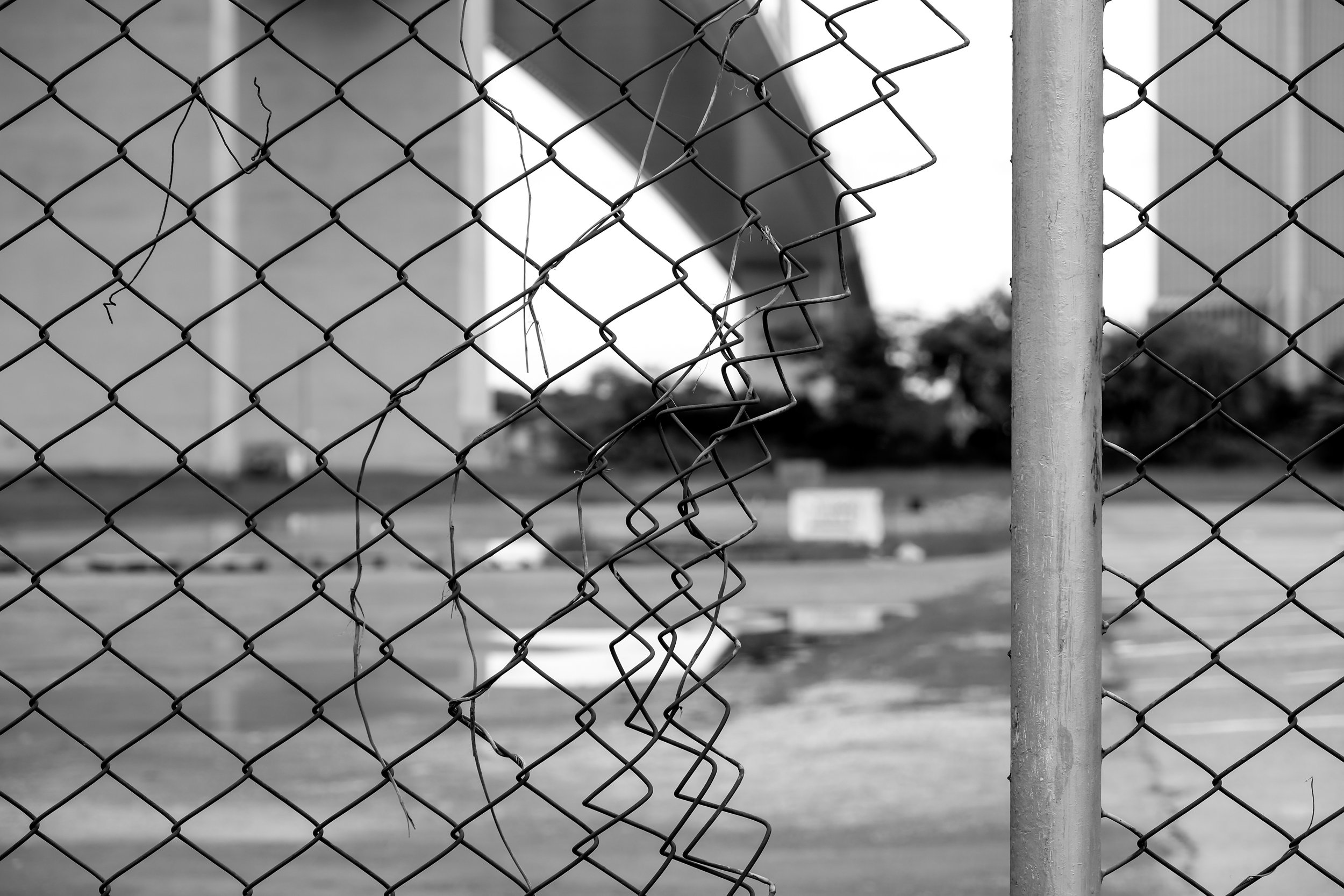
Comunidades Confined Lab
“Go to the people. Live with them. Learn from them. Love them. Start with what they know. Build with what they have.”
●
“Go to the people. Live with them. Learn from them. Love them. Start with what they know. Build with what they have.” ●
“Go to the people. Live with them. Learn from them. Love them. Start with what they know. Build with what they have.”
“Go to the people. Live with them. Learn from them. Love them. Start with what they know. Build with what they have.”
●
“Go to the people. Live with them. Learn from them. Love them. Start with what they know. Build with what they have.” ●
Pervasive surveillance, criminalization, and carcerality target millions of people in the US and globally each year. In other words, the state overwhelmingly responds to social issues like poverty, substance abuse, and community harm with state-supported punishment rather than addressing the root causes of these issues, with the impacts felt most by already vulnerable communities.
Increasingly, state supervision, forced compliance, and confinement extend beyond the walls of jails, prisons, and detention centers and out into the communities where targeted people live. Through a variety of carceral strategies in countless public and private institutions, entire communities are being confined by the state. The Comunidades Confined Lab is conducting critical research, education, and advocacy around this explosion of confinement.
We seek to cultivate pathways for oppressed and overlooked communities to take the lead in advocating for transformative change, to build community among those impacted by confinement, and to break down barriers between institutions of higher education and the communities academics engage.
Photos from Comunidades Confined Study photovoice narratives and ethnography






